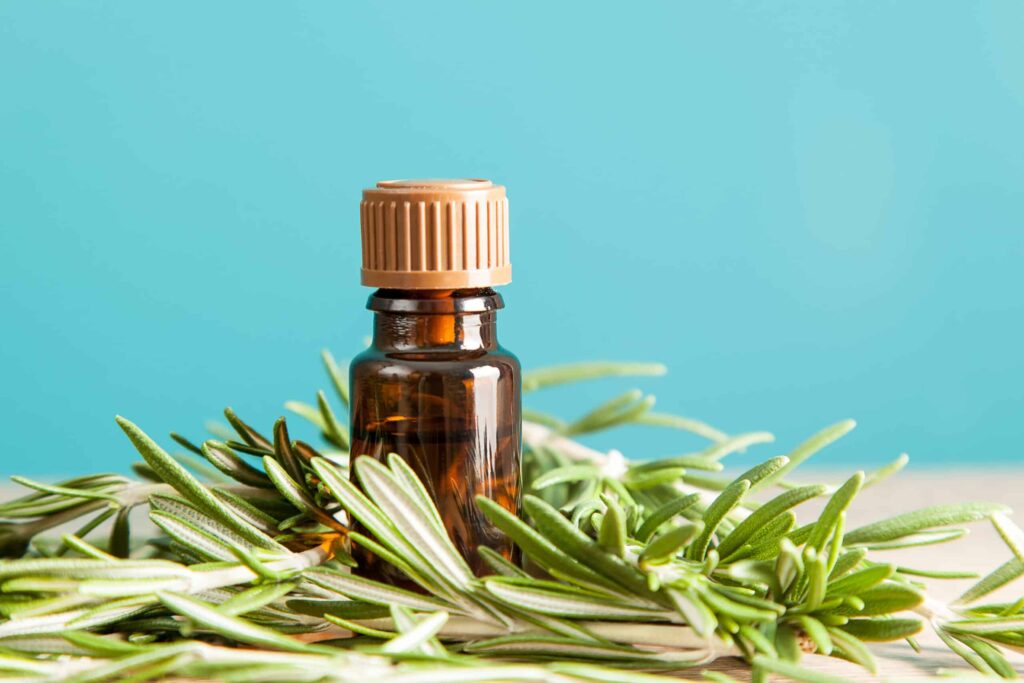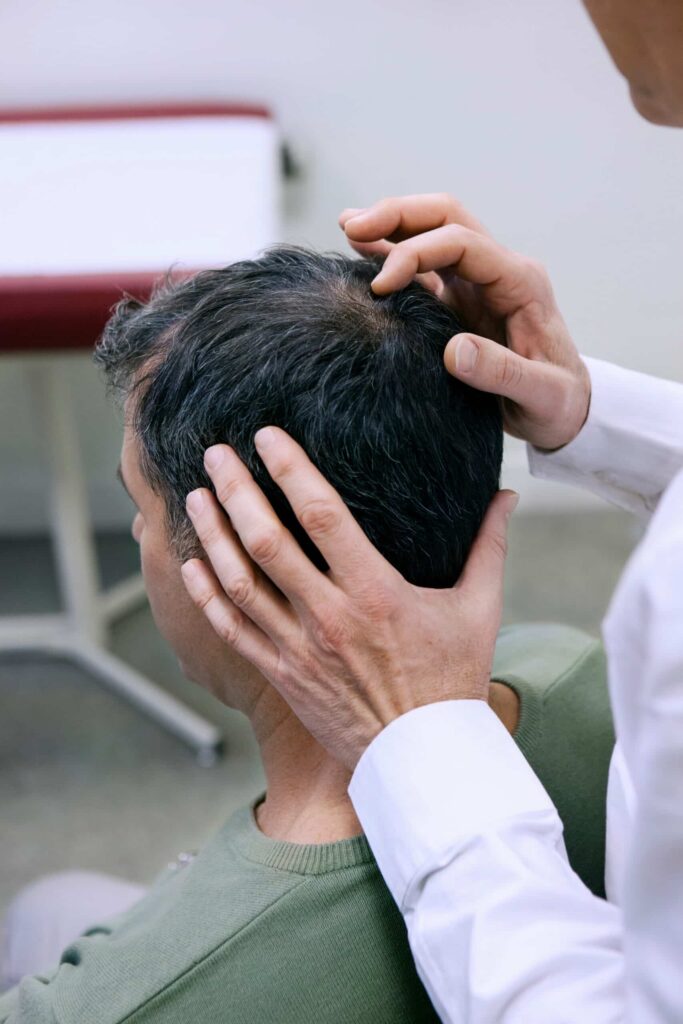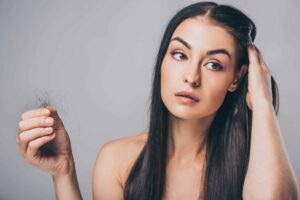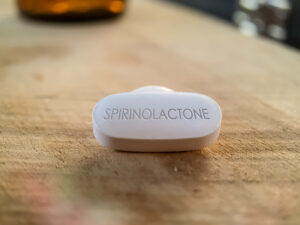
PRF for Hair Loss
PRF for Hair Loss Platelet-rich plasma (PRP) treatment has gained popularity in recent years as a non-surgical option for hair loss, but have you heard of platelet-rich fibrin (PRF)? While both PRP and PRF are derived from a patient’s own












